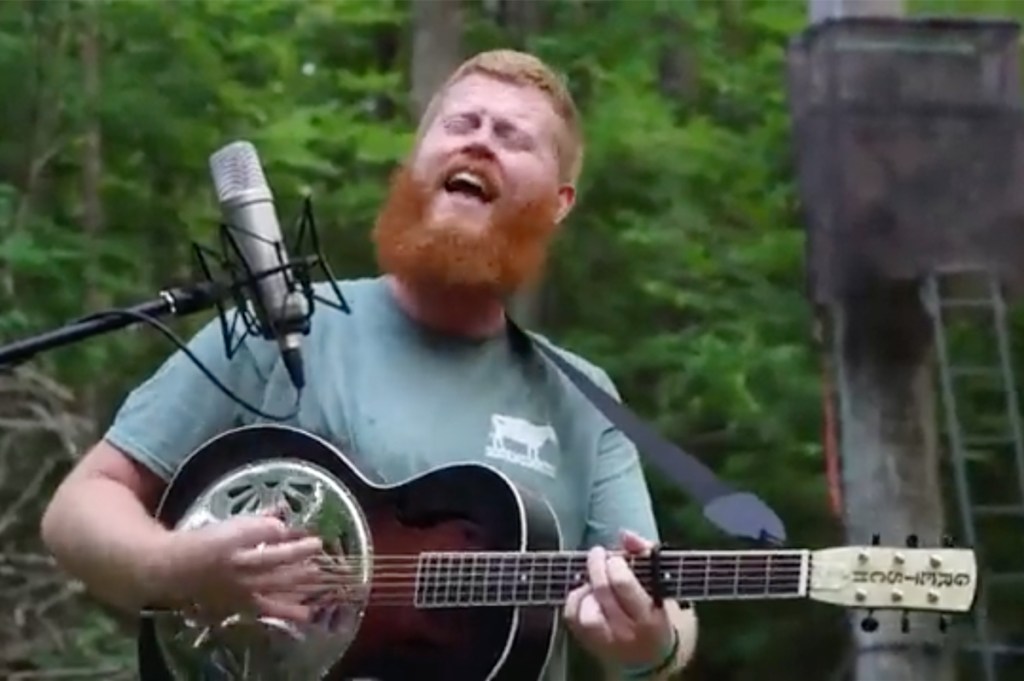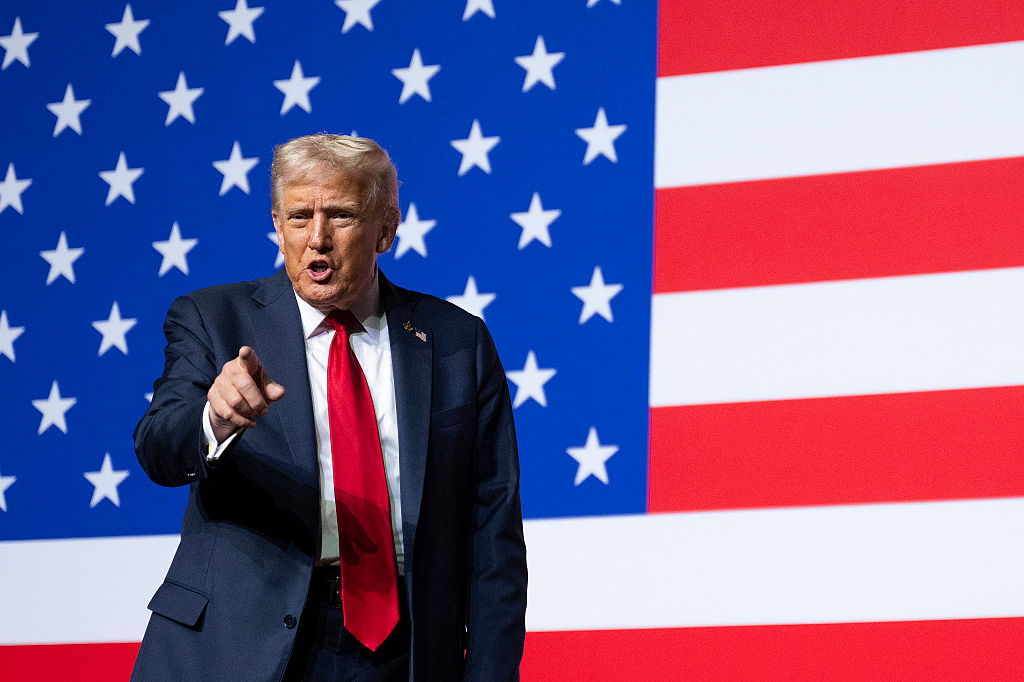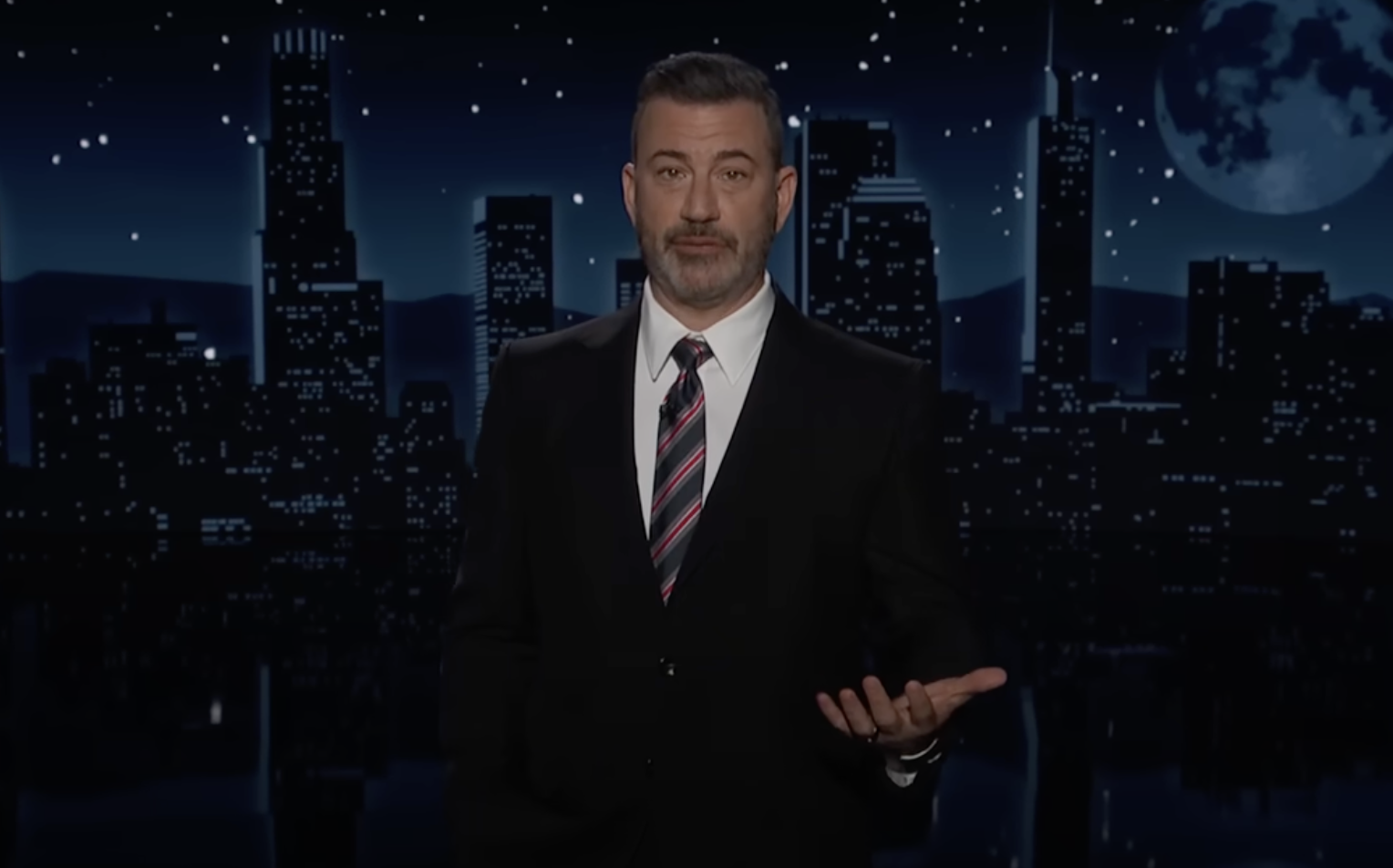The mantle of song of the summer generally belongs to whichever hit Americans heard the most in clubs and bars, at cookouts or on their way to the beach: the earworm that dominated the airwaves and was the soundtrack to their fun in the sun.
But as temperatures cool, the most talked-about song of the summer of 2023 wasn’t a mega-hit from a superstar, but a stripped back political ballad by a previously unknown country musician from southern Virginia. Oliver Anthony’s “Rich Men North of Richmond” is an angry song for a restive country — and, astonishingly, given Anthony’s status as a complete outsider, it shot to number one in the charts. His rise is unprecedentedly steep: never before has an artist with no prior chart history debuted in the top spot.
Confirmation Anthony had made it into the political zeitgeist came at the first Republican presidential primary debate in August, when things got underway with host Martha MacCallum asking the candidates to react to a clip of Anthony’s song. Anthony would soon disappoint Republican politicians eager to align themselves with his message. “It was funny seeing my song… at the presidential debate,” he said, “’cause it’s like, I wrote that song about those people.”
The song of the summer crown fits because Anthony has captured a popular sentiment: “Rich Men North of Richmond” is written by a man who loathes Washington — and expects nothing from its denizens. The song’s message may be right-leaning — he complains about high taxes, for example — but Anthony is no partisan. And his contempt for the rich men north of Richmond is something millions of Americans, on the left, the right and in the middle, share. (Billy McMorris and Bridget Phetasy explore this theme of widespread frustration in our cover package this month.)
Meanwhile, center-left media has largely treated Anthony with disdain: labeling him a QAnon-adjacent conspiracy theorist for a line in his song about Jeffrey Epstein’s sex offenses and a dog-whistle racist for a line about welfare. If anything, establishment approbation has made Anthony’s point for him — that these people don’t care about me and you — and added to his song’s power.
The unlikely success of “Rich Men North of Richmond” — and the snooty establishment backlash — is part of a bigger story. In June, Morgan Wallen and Luke Combs climbed to the top of the charts; it was the first time in forty years that two country songs occupied the number one and number two spots. Wallen has been a controversial figure ever since he was caught drunkenly using a racial slur on a Ring camera in 2021, but attempts to end his career only seem to have propelled him onwards. Wallen would be knocked out of Billboard’s number one spot by another country song and most explicitly political hit of the summer: Jason Aldean’s “Try That in a Small Town.” The more disapproving the mainstream media, the bigger the hit, it seems.
The author of this month’s Diary knows a thing or two about what happens when politics and music mix. Winston Marshall was a successful musician in the band Mumford and Sons who walked away from the group in part so that he was able to express his opinions more freely. He notes stars’ growing frustration with their publicists’ insistence on ideological conformity. In recent months, musicians from R’n’B singer Ne-Yo to guitarist Carlos Santana have thrown caution to the wind and spoken out against transgender dogma, angry publicists be damned.
It’s a similar, if less dramatic, story in cinema. Before Barbie and Oppenheimer, the movie story of the summer was the surprise success of Sound of Freedom. The low-budget, conservative film about Tim Ballard, a real-life former special agent for the Department of Homeland Security and founder of the anti-trafficking group Operation Underground Railroad, did better at the box office than some of the most hyped and most expensive movies of the year, including the latest contributions to the Mission: Impossible and Indiana Jones franchises.
The summer of conservative cultural success marks the arrival of a new counterculture: the latest reminder that America does not do ideological conformity, and that our instinctive repulsion at being told what to think is alive and well. A conservative counterculture might sound like a contradiction in terms, but recent events suggest otherwise. Add to these musical and film successes the unprecedented impact of conservative commercial boycotts such as the one that destroyed Bud Light’s market dominance, and the potential cultural clout of conservatives is clearer than ever.
Does this mean Americans only want to listen to, watch or drink things made by people they agree with? We don’t think so. Rather, the country is tired of politics infecting everything as well as the top-down imposition of a set of voguish values they never signed up for. In Anthony’s words, they’re tired of the rich men north of Richmond, who “all just wanna have total control / wanna know what you think, wanna know what you do / And they don’t think you know, but I know that you do.”
This article was originally published in The Spectator’s October 2023 World edition.

























